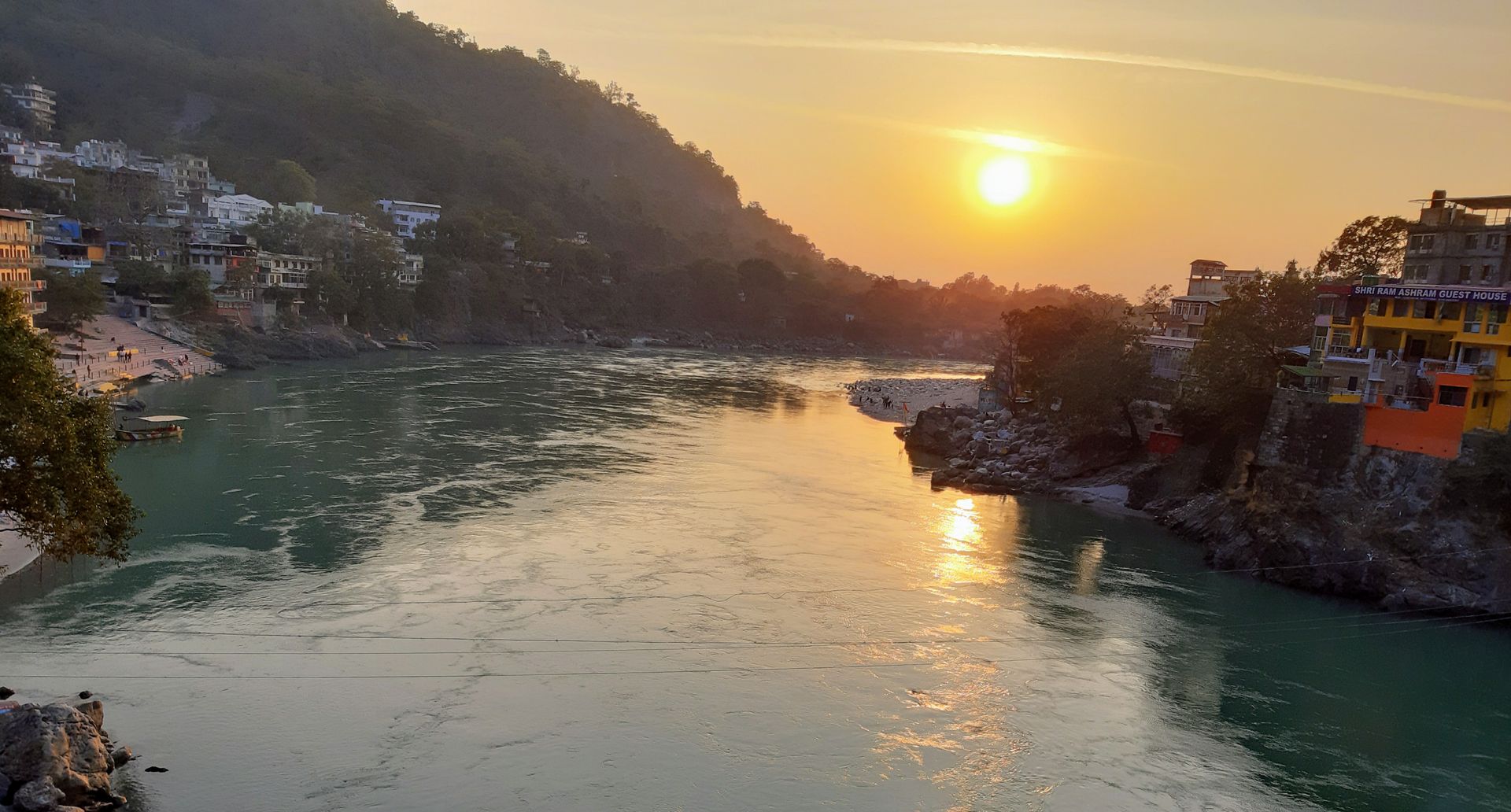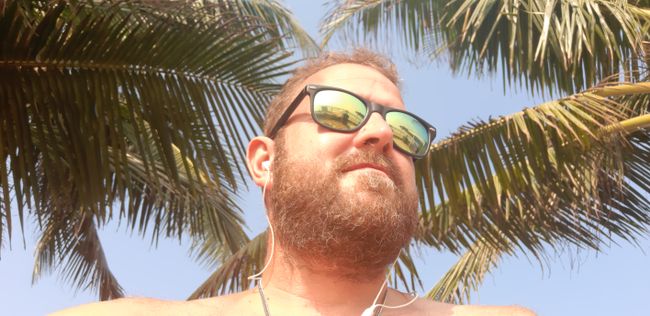The Ancient Kingdoms of Sri Lanka
Foillsichte: 21.01.2019
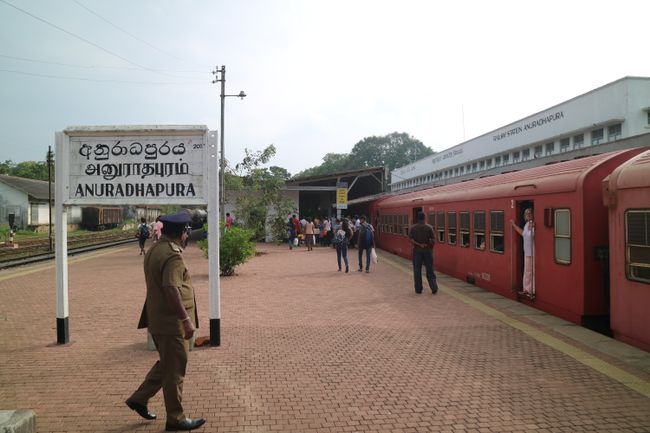
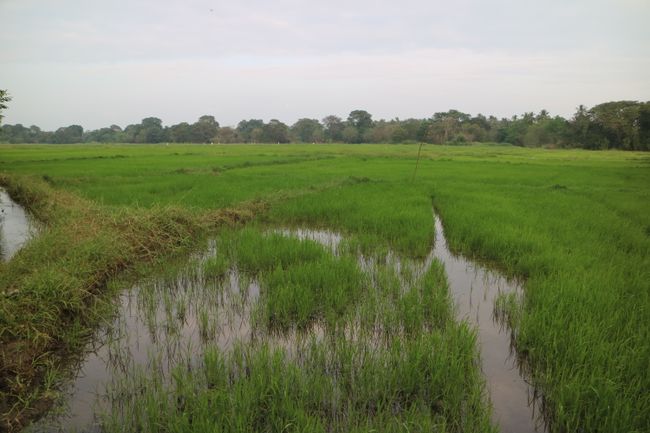
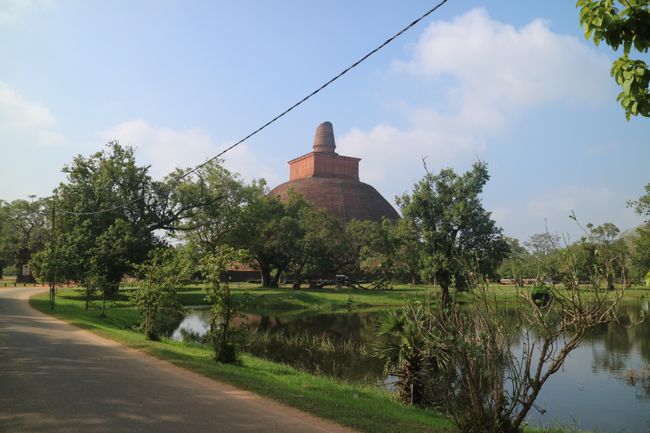
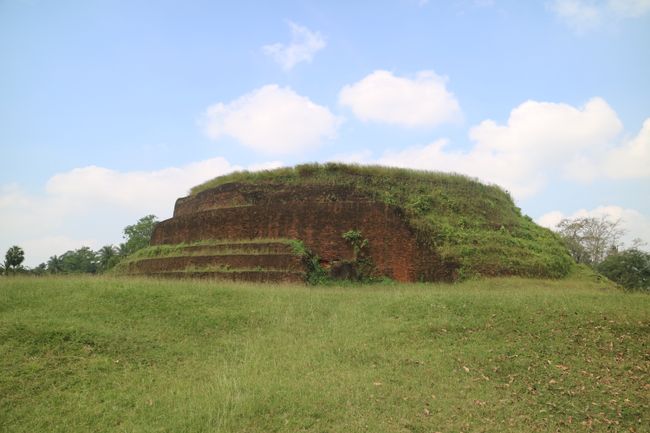
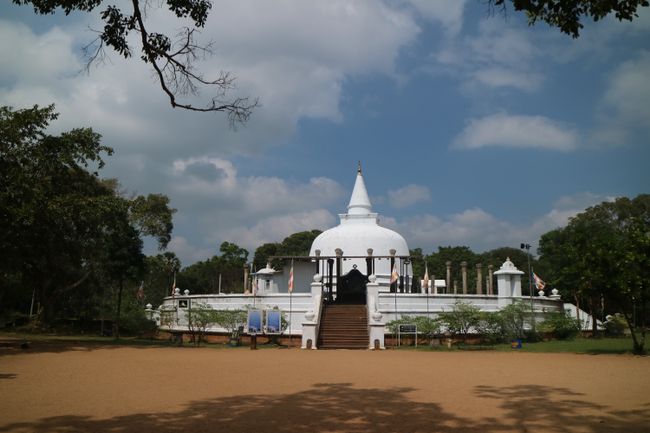
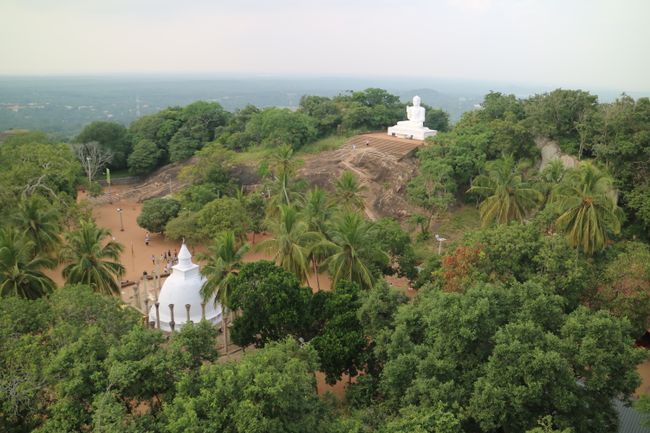
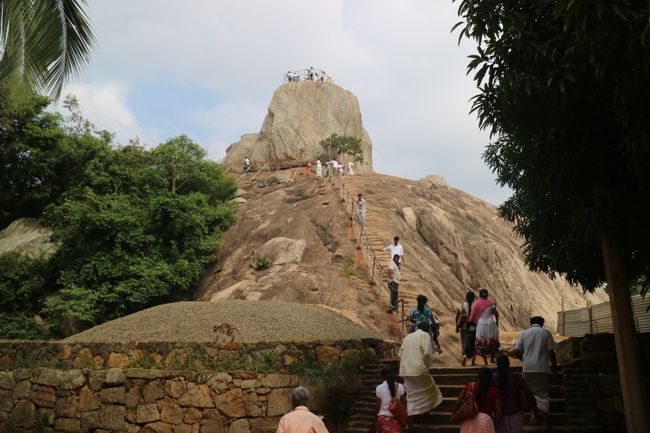
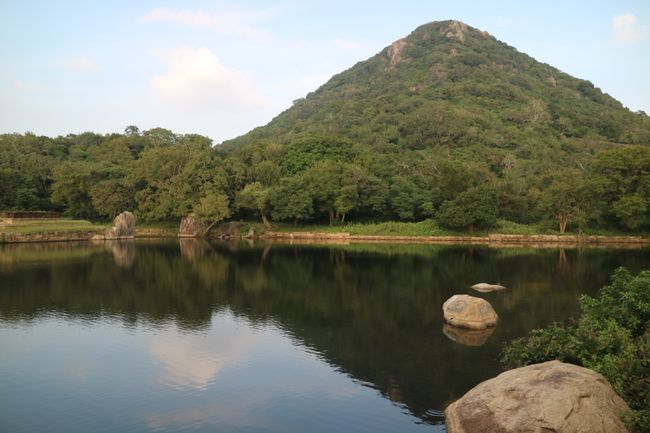
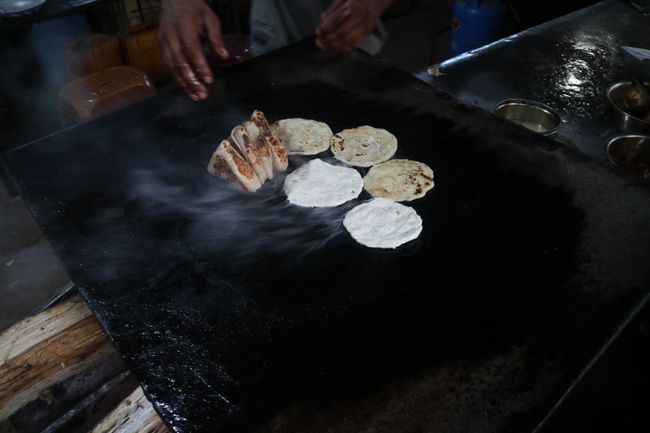
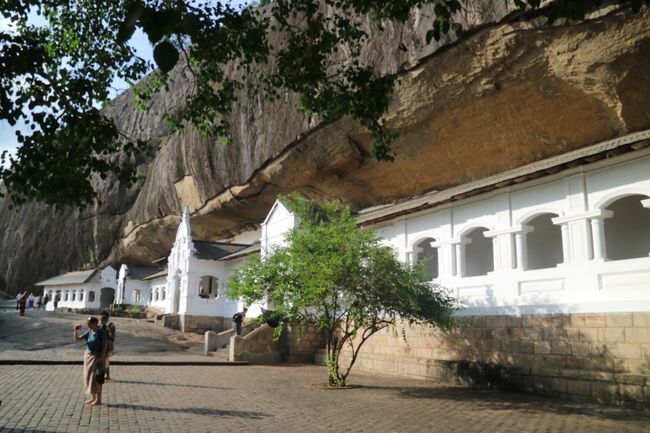
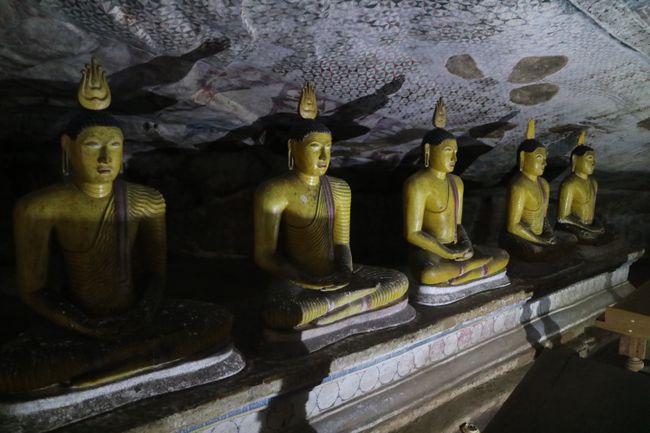
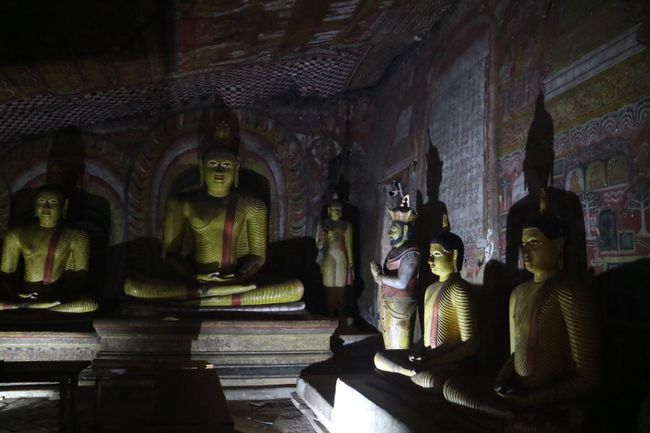
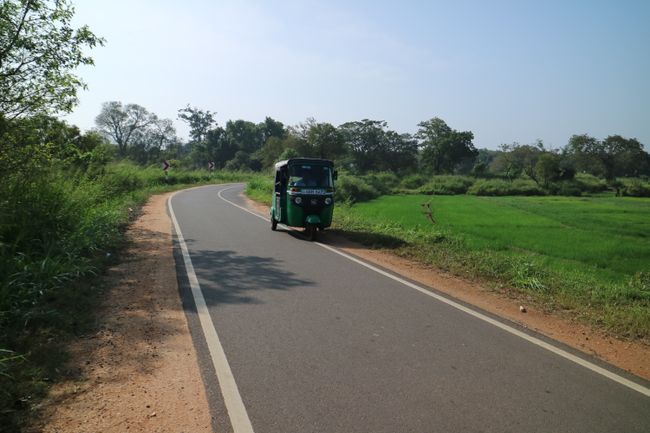
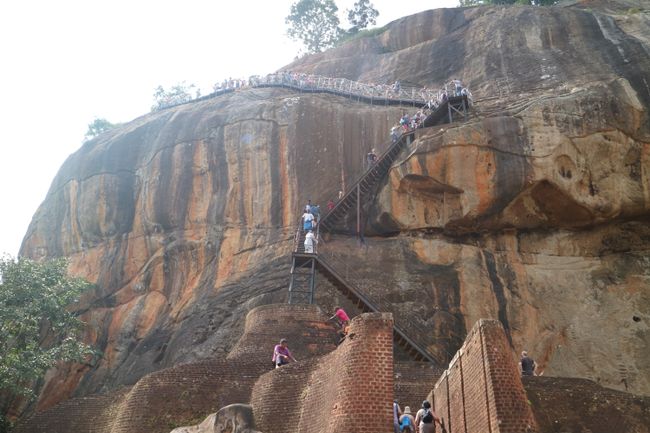
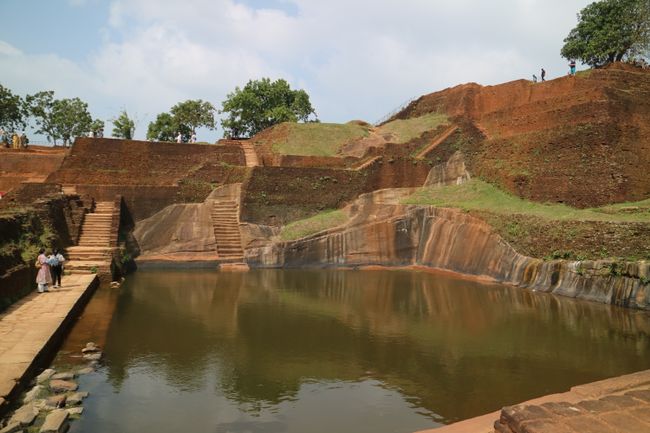
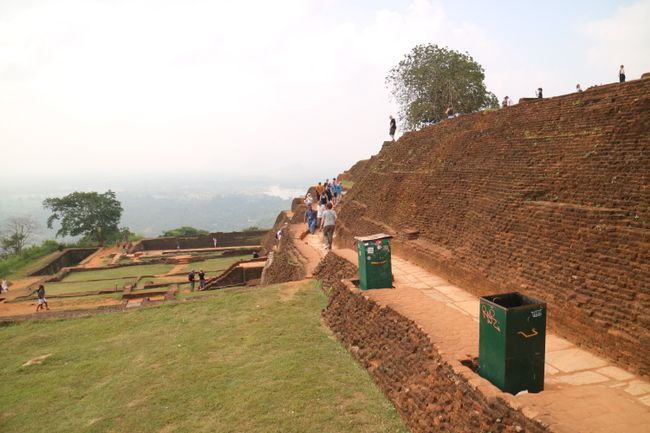
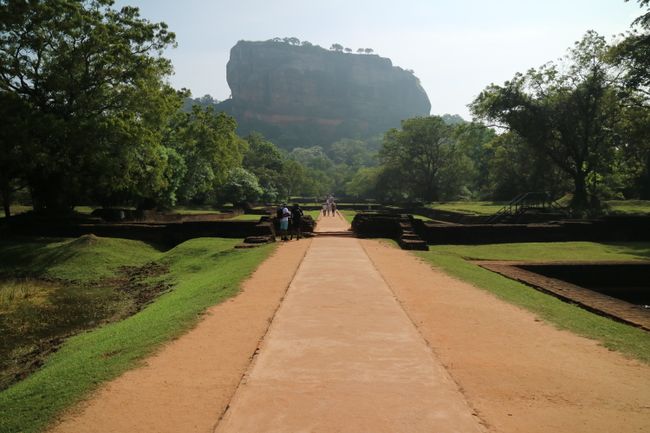
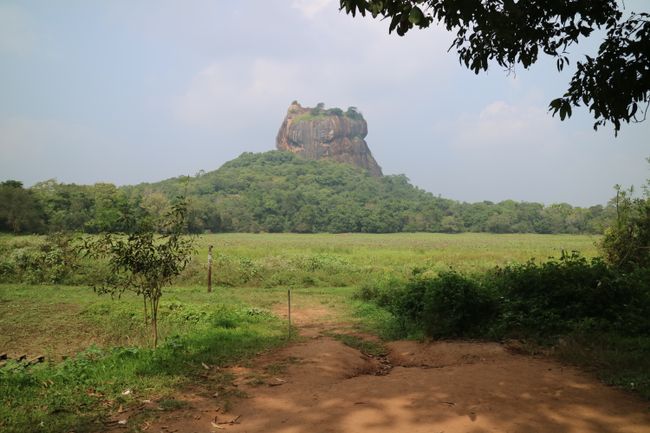
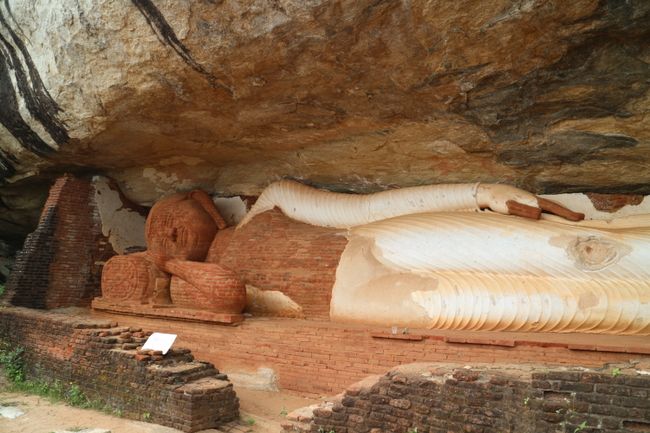
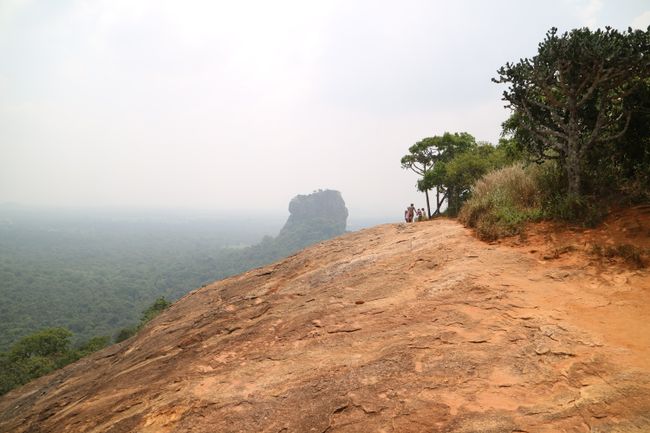
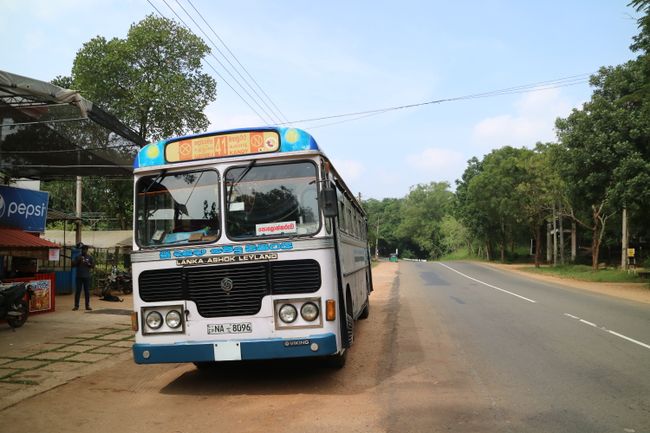
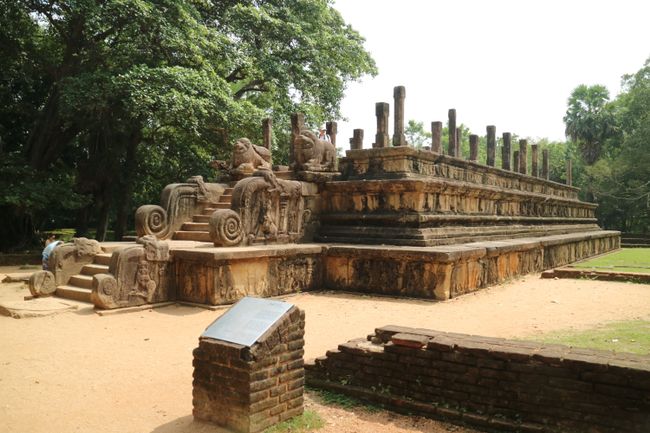
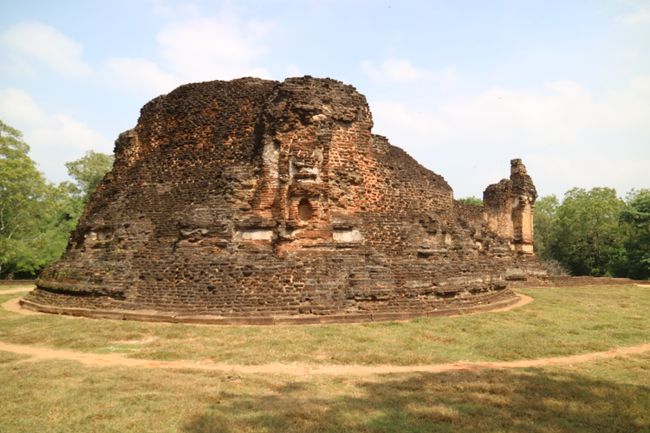
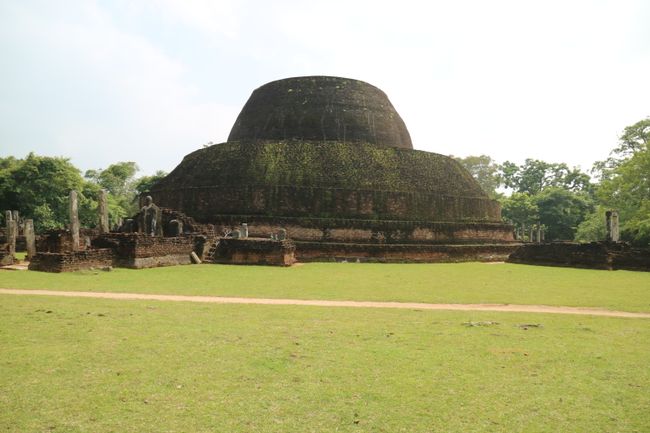
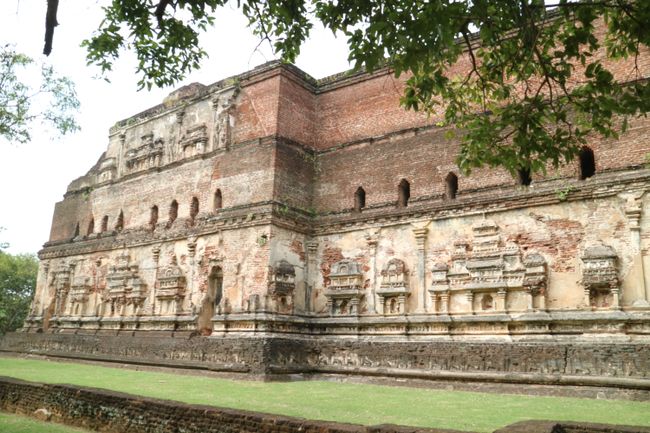
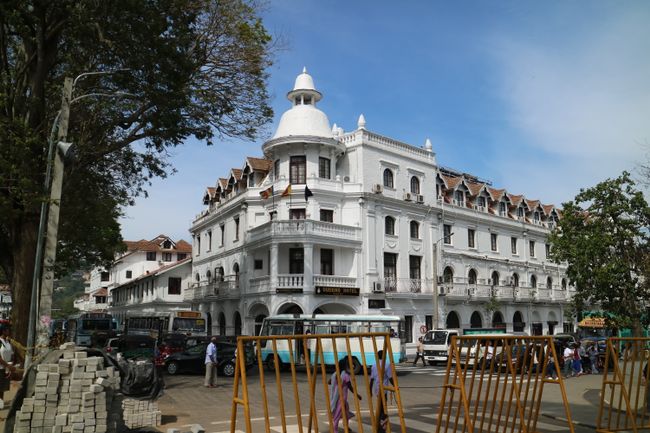
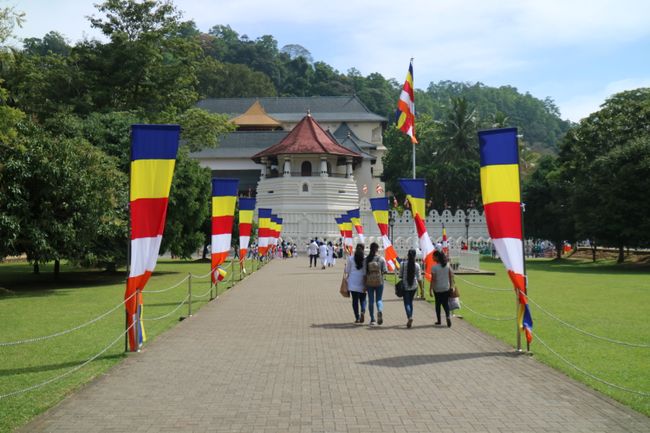
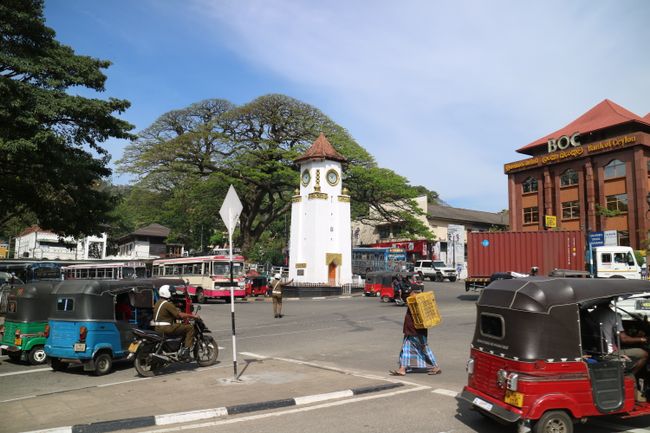
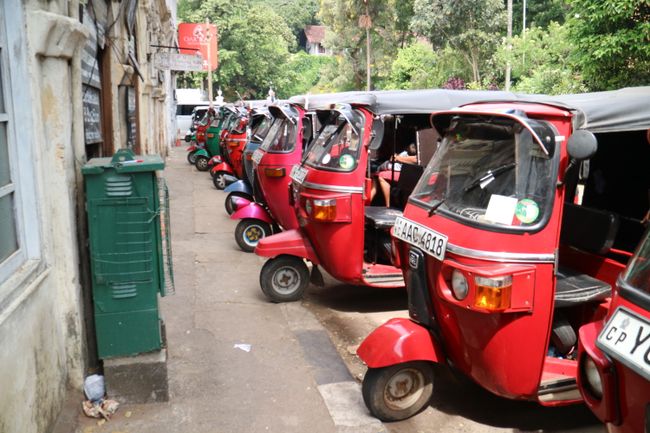
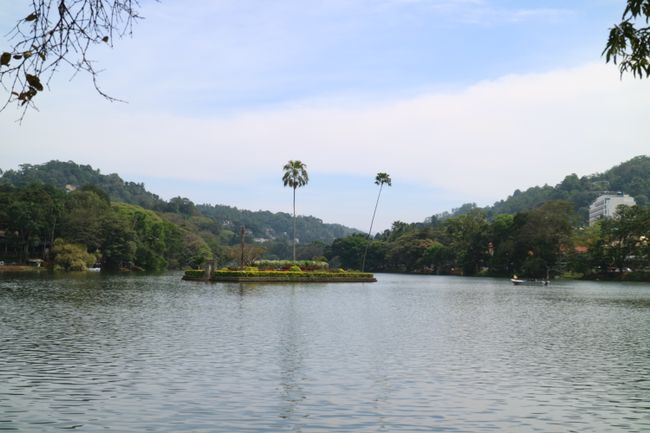
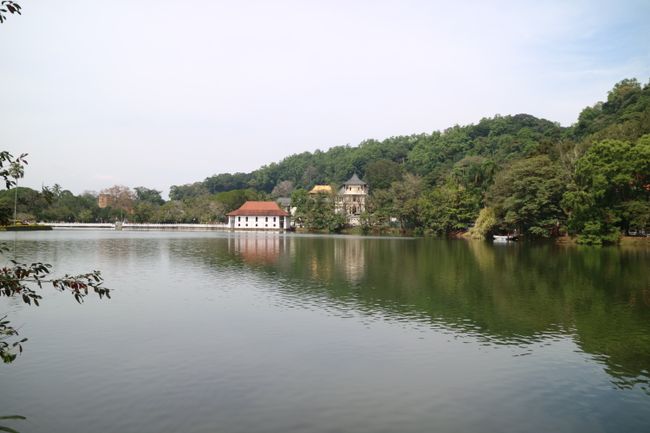
Subscribe to Newsletter
Anuradhapura:
At 11:50 am, my train left the station in Colombo for my first destination, the Cultural Triangle or the Ancient Kingdoms of Sri Lanka. My first stop was "Anuradhapura," the first royal city of Sri Lanka.
More than 1300 years ago, and even earlier, the first humans settled here, according to various findings dating back to the 8th/ 7th century BC. Today, tourists and Buddhist believers from around the world come here to visit. This is also where the "Jaya Sri Maha Bodhi," one of the most significant sacred sites on the island, is located.
While leisurely cycling through the old town, you will come across ancient temples and stupas, some of them gigantic in size.
In the afternoon, I took a tuk-tuk to "Mihintale," which is about 13 km away. The mountain range here is of great importance. It was here that King Devanampiya Tissa met Mahinda Mahathera, the son of Indian King Ashoka who ordained as a monk, more than 200 years before BC. He settled on the mountain known as "Missaka Pabbata" at that time, and later a monastery was built here where up to 2000 monks lived.
When I arrived in Anuradhapura by train, my taxi driver drove around the area for about 45 minutes, quite confused, until he finally reached my guest house, which was located in a spectacular scenery amidst greenery, between forests and rice fields. Unfortunately, I was confused. The guesthouse owner told me it was fully booked, as I had mistakenly chosen the wrong booking month. However, this was quickly resolved as he simply invited me to his private home.
Dambulla:
A quick small modern bus with air conditioning took me to "Dambulla" about 65 km away in just 90 minutes. I arrived here at noon and relaxed for a while, as relaxation should not be neglected.
In the afternoon, I walked over to the "Golden Buddha" temple, which is about 300 m away from the guesthouse. You have to pass through this temple, and then the ascent to the cave temple begins. The caves are 2000 years old. King Vattamagani from Anuradhapura had to hide here for 14 years after a Tamil invasion, and then he transformed the caves into a monastery.
Sigiriya:
This is a fortress high up on the mountain. Kassapa, the son of King Dhatusena, had it built here. He ruled from here for 18 years after murdering his father and seizing power in 473. He called it "Simha Giri," Lion Rock.
Today, you can visit the ruins of the fortress after a sweaty climb up narrow metal stairs. Then, not far away, there is the "Pidurangala," the revered Golden Rock. This has been a retreat for Buddhist monks for 2000 years. There are still a few remains of dwellings to be found today.
Once you reach the top again, you have a great view once more. You can also admire the Lion Rock from a distance. On the way back, I visited a "Spice Garden," where the spices and ingredients for Ayurvedic medicine are grown.
Polonnaruwa:
I took the local bus, which took me to Polonnaruwa in 90 minutes. I rented a bicycle again for the next 4 hours and explored the area. Between the years 1017 and 1235, more than 17 kings ruled here.
For strategic reasons, this area had already been important since the 2nd century. There were many beautiful and interesting ancient ruins to see here.
In the afternoon, I returned my bicycle and then boarded the bus to Kandy.
Kandy:
This is the last royal city, located 500 m above sea level. It became a royal city in the late 15th century. A total of 12 rulers ruled from here.
Then came the Portuguese, and then the British. From 1867 onwards, the city could be reached by train from Colombo.
In the heart of the city is the artificially constructed lake, which serves as the heart of the city. On its banks is the Temple of the Sacred Tooth and nearby is the interesting Buddhism Museum.
As I walked along the streets in the morning, I felt as if I were in India in some parts. It was just loud and stuffy due to the many buses. However, in the evening, it quickly becomes quiet. After dark, all shops are locked and bolted here.
The highlight was my hostel on site, as I slept in a barrel.
Subscribe to Newsletter
Freagairt
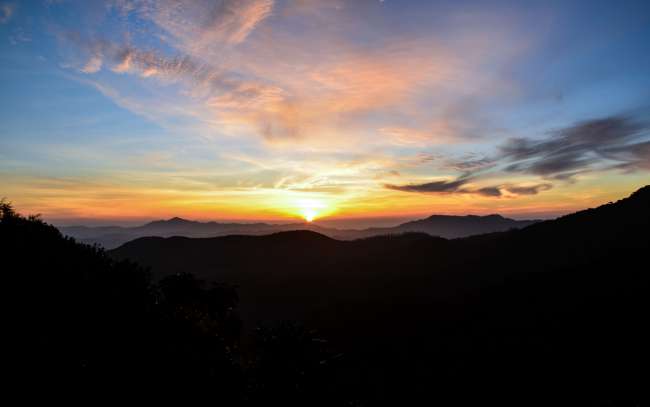
Aithisgean siubhail Sri Lanka
